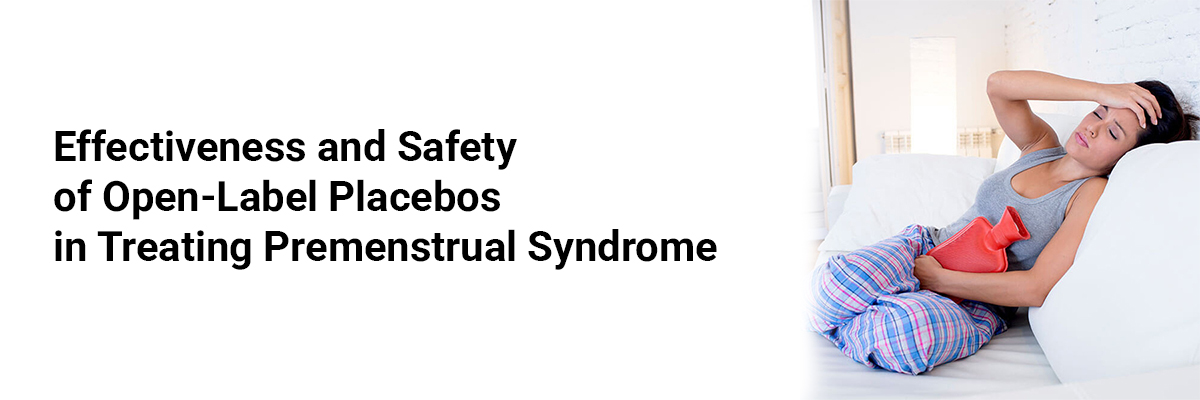
 IJCP Editorial Team
IJCP Editorial Team
Effectiveness and Safety of Open-Label Placebos in Treating Premenstrual Syndrome
The current study was designed to assess the effectiveness and safety of open-label placebos (OLP) for treating premenstrual syndrome (PMS).
The study was a randomized controlled trial conducted from 2018 to 2020. The trial involved 150 women aged 18 to 45 diagnosed with PMS or premenstrual dysphoric disorder. Participants were randomly assigned (1:1:1) to one of three groups: treatment as usual (TAU), OLP without treatment rationale (OLP–), or OLP with treatment rationale (OLP+). Participants in the OLP groups received two placebo pills daily for six weeks. The primary outcomes were the intensity of PMS symptoms and their impact on daily life measured over three menstrual cycles (MC1–MC3). Safety was evaluated through adverse events reported at weeks 3 and 6. Secondary outcomes included psychological and physical aspects of symptom intensity and adherence to treatment.
The results demonstrated:
- A total of 150 women were equally divided among the three groups, with 145 (96.7%) completing the trial.
- Significant differences were found in symptom intensity (F(4)=4.419, r2=0.16) and interference (F(4)=3.159, r2=0.13) across the menstrual cycles.
- At MC3, the OLP+ group showed a significantly lower symptom intensity compared to both TAU (b=–9.97, SE=2.85, d=0.90) and OLP– (b=–6.10, SE=2.89, p=0.036, d=0.55), while there was no significant difference between OLP– and TAU (b=–3.87, SE=2.87, d=0.35).
- Interference at MC3 was also lower in the OLP+ group compared to TAU (b=–1.23, SE=0.54, d=0.55) and OLP– (b=–1.10, SE=0.54, d=0.48), with no difference between OLP– and TAU (b=–0.14, SE=0.54, d=0.06).
- Four mild adverse events were reported: one in the OLP– group and three in the OLP+ group.
- Improvements in psychological and somatic symptoms were similar to the primary outcomes, and adherence to the OLP intervention was high at 93.18±18.95%, with no differences noted among groups.
The findings from this clinical trial suggest that OLP provided with a treatment rationale is an effective, safe, and well-accepted option for managing PMS.
Source: Frey Nascimento A, Gaab J, Degen B, Rytz M, Holder A, Sezer D, Buergler S, Meyer AH, Kirsch I, Kossowsky J, Locher C. Efficacy of open-label placebos for premenstrual syndrome: a randomised controlled trial. BMJ Evid Based Med. 2025 Mar 25:bmjebm-2024-112875. doi: 10.1136/bmjebm-2024-112875. Epub ahead of print. PMID: 40132912.

IJCP Editorial Team
Comprising seasoned professionals and experts from the medical field, the IJCP editorial team is dedicated to delivering timely and accurate content and thriving to provide attention-grabbing information for the readers. What sets them apart are their diverse expertise, spanning academia, research, and clinical practice, and their dedication to upholding the highest standards of quality and integrity. With a wealth of experience and a commitment to excellence, the IJCP editorial team strives to provide valuable perspectives, the latest trends, and in-depth analyses across various medical domains, all in a way that keeps you interested and engaged.






















Please login to comment on this article